 By: Lynn M. Maher, PhD, CCC-SLP, TSHF Awards Committee Chair
By: Lynn M. Maher, PhD, CCC-SLP, TSHF Awards Committee Chair
Once again, the Texas Speech-Language-Hearing Foundation (TSHF) was pleased to recognize current and past recipients of the TSHF Research Awards Program. While the amount of each award is modest, it can be enough to explore the feasibility of a novel idea, to support the preliminary research needed to apply for a larger, nationally funded research project, or maybe to add on to a currently funded project to extend the findings. With the research award program, TSHF aims to support the mission of TSHF of improving the lives of people with communication disorders by promoting research relevant to communication disorders and supporting Texas-based researchers in a variety of settings. This year, the Foundation was able to support six requests, and the award recipients were recognized at the Texas Speech-Language-Hearing Association (TSHA) 2023 Convention during the awards event breakfast in Austin. The research projects represented a wide range of topics and totaled $8,400. The 2023 research awardees are listed below.
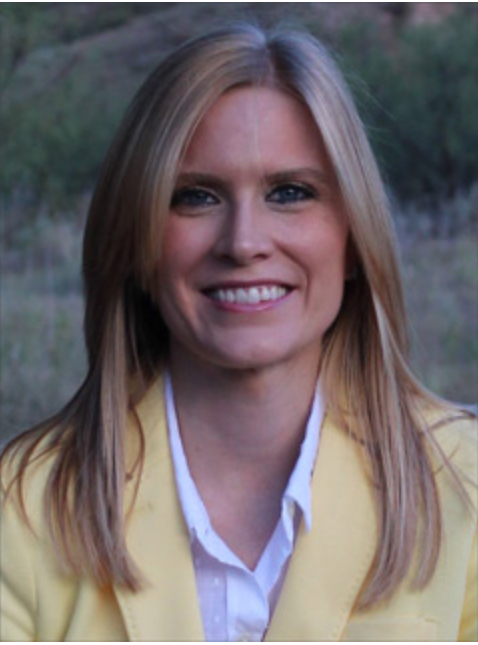
The Tina E. Bangs Research Endowment was presented to Jani Hammit, a doctoral student at Texas Tech Health Sciences Center, for the project, Comparison of Subjective and Objective Measures of Executive Function in School-Aged Children Using Eye Gaze Metrics and the Behavioral Assessment of Dysexecutive Syndrome for Children.

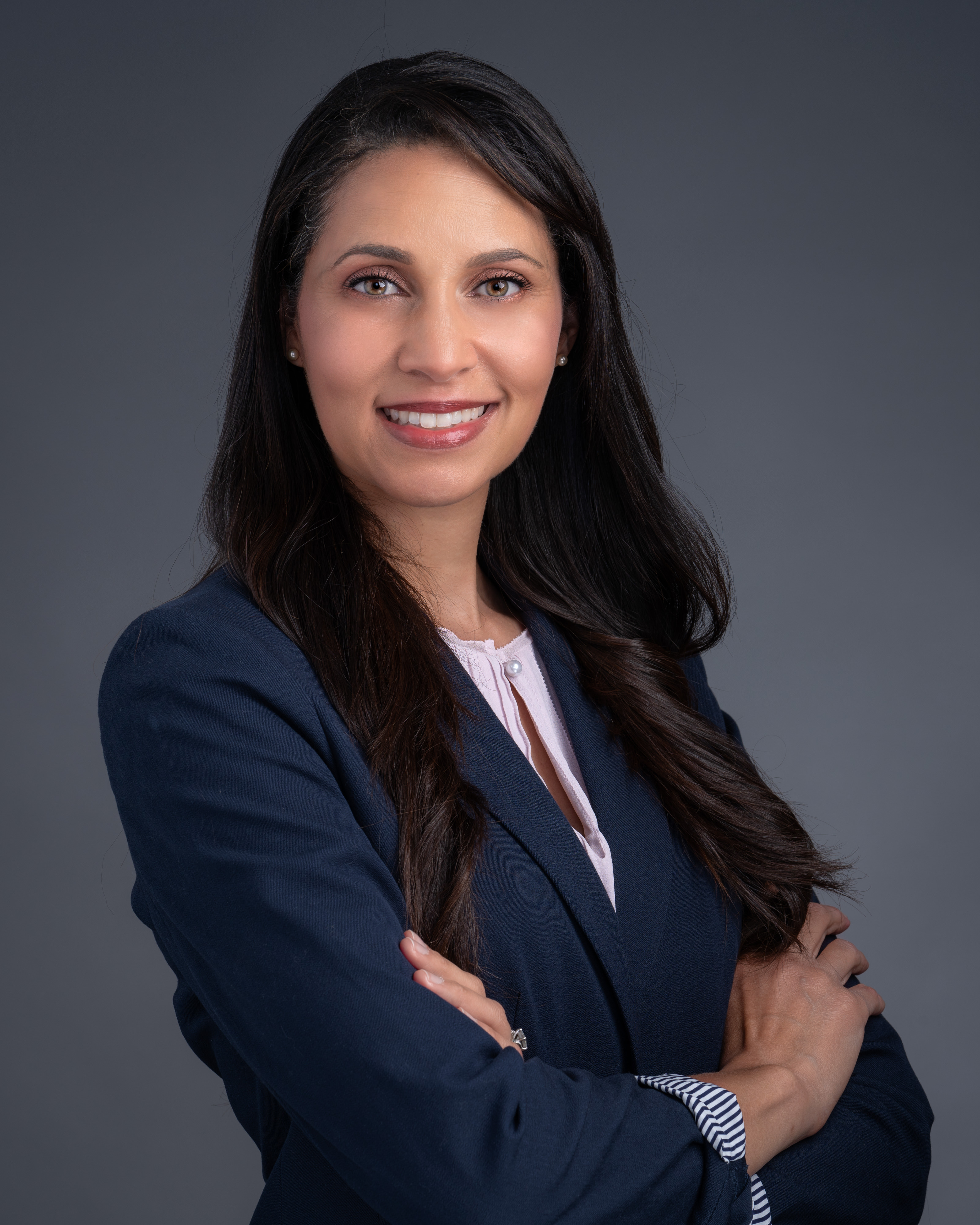
The Elisabeth Wiig Doctoral Student Research Award was presented to two students. The first award was presented to Megan Young from the University of Texas at Austin for the project, Exploring Strategies To Reduce Ableism for Adults Who Stutter Seeking Employment. The second Elizabeth Wiig Doctoral Student Research Award was presented to Erica McVey, also from the University of Texas at Austin, for the project, Cortical Speech in Noise Processing in L2 Bilingual Sign Language Interpreters.
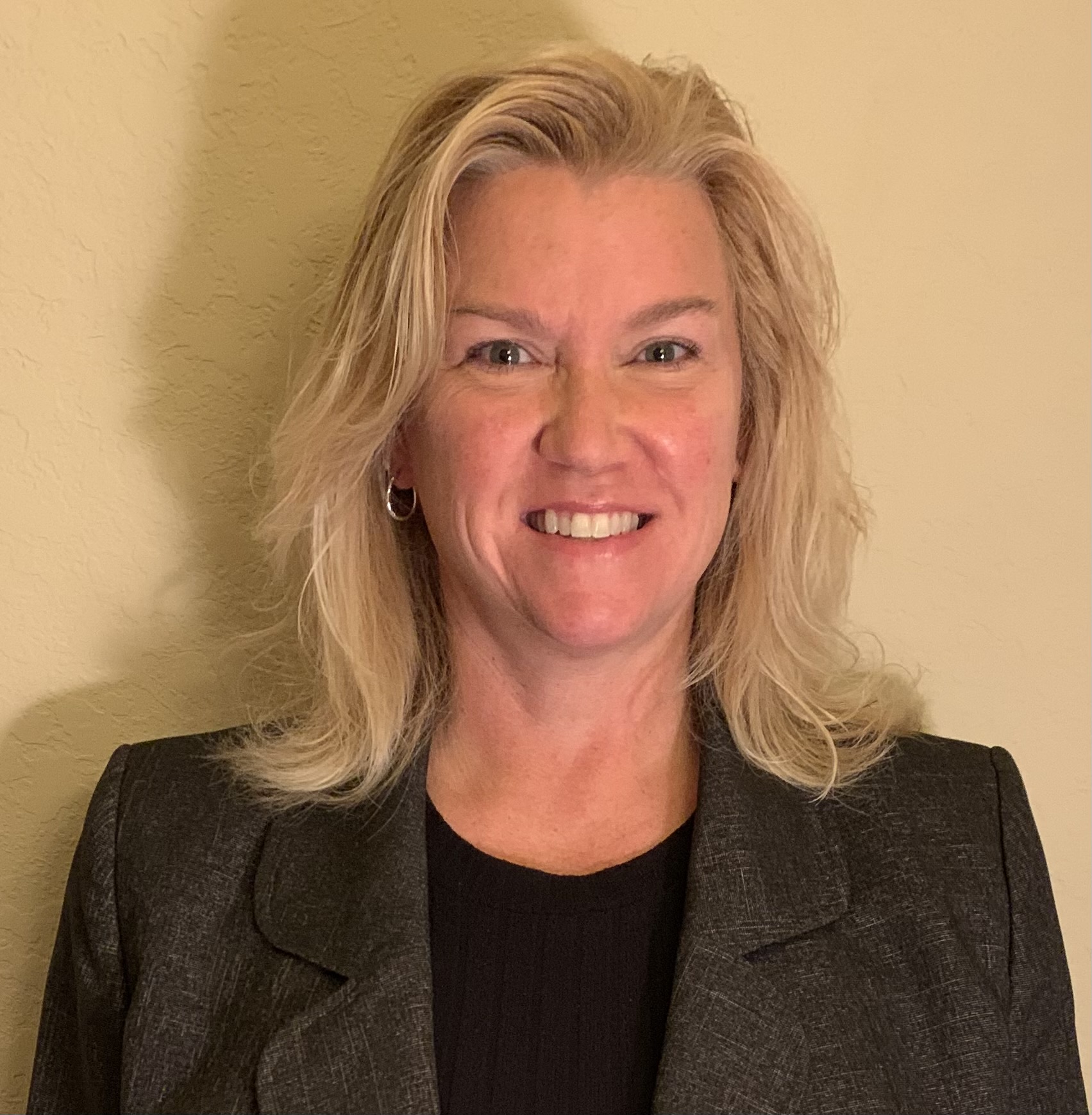
The Lear Ashmore Research Endowment was presented to Dr. Christine Carmichael from Our Lady of the Lake University, for the project, Effects of Expiratory Muscle Strength Training in Long COVID-19.
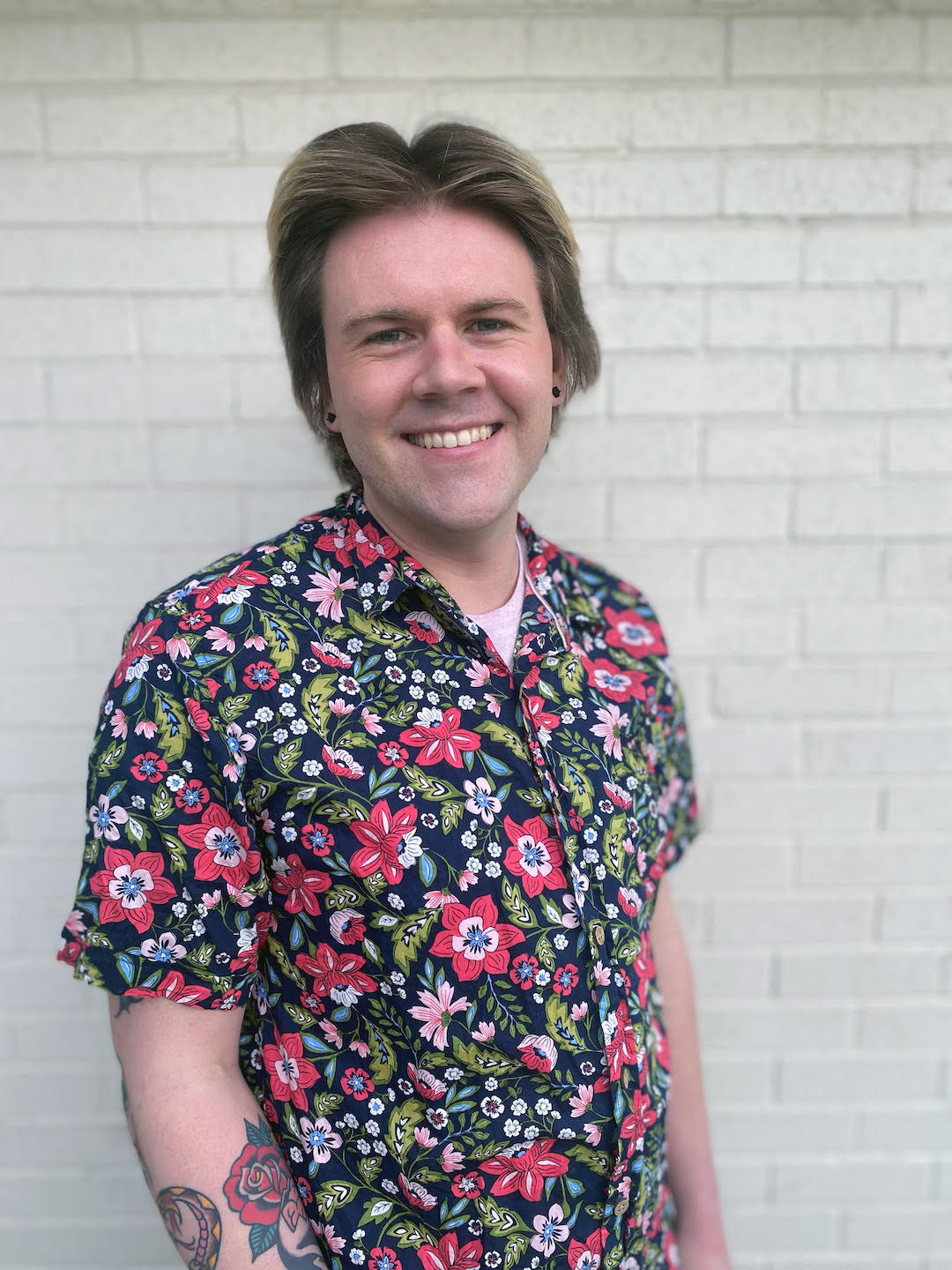
The Presidents Research Endowment was awarded to Garret Lynn Kurteff from the University of Texas at Austin in support of the project, Neural Responses to Auditory Feedback in Acquired Apraxia of Speech.
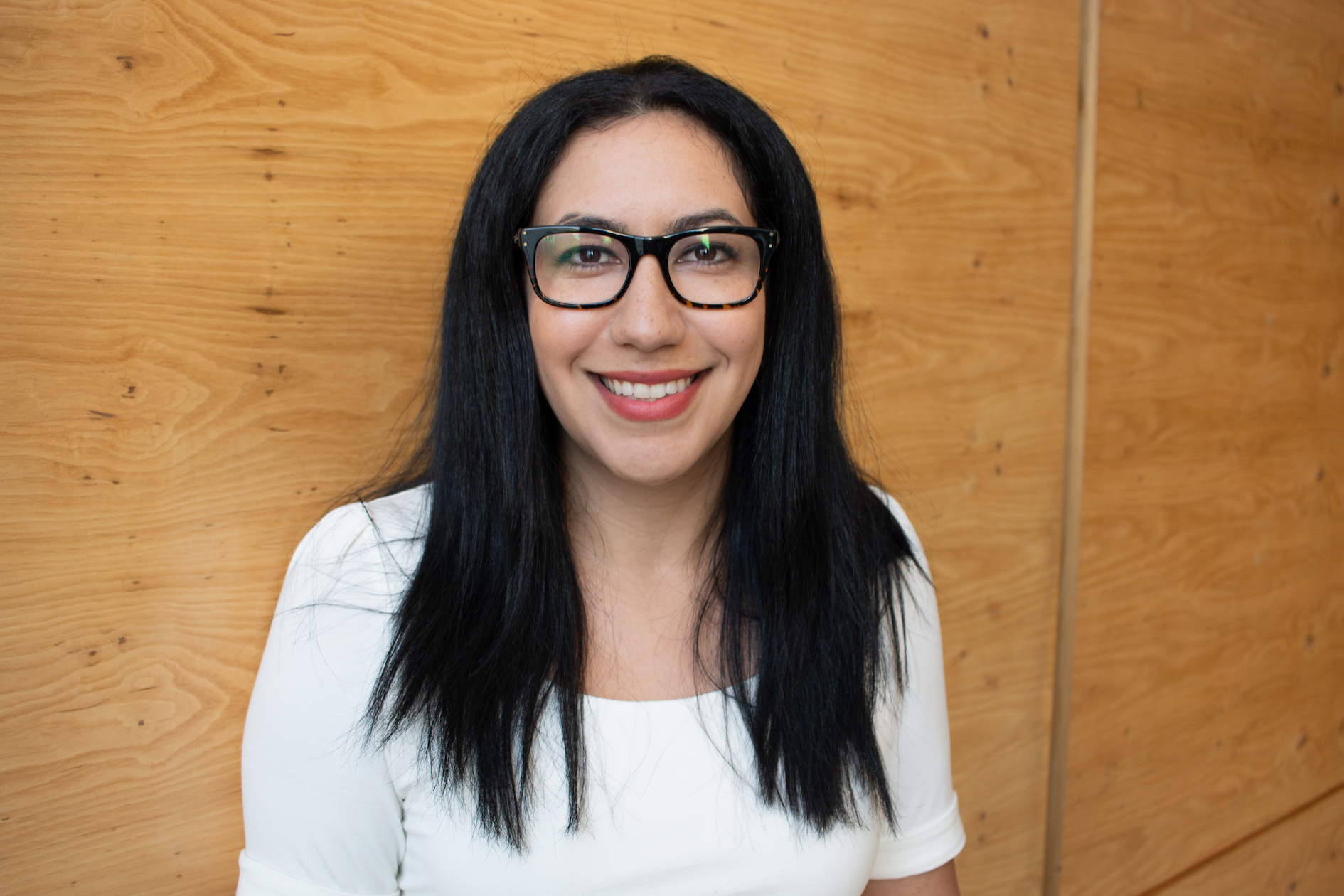
TSHF was so pleased to present a Sandy Friel-Patti International Travel Award once again after the pandemic interfered with international travel. This year’s award went to Dr. Stephanie Grasso from the University of Texas at Austin for a presentation at the International Society of Frontotemporal Dementia in Lille, France, entitled, Examining the Effects of Restitutive Speech-Language Interventions in Culturally and Linguistically Diverse Individuals with Primary Progressive Aphasia.
Congratulations again to all the 2023 TSHF research award recipients! Special thanks to Dr. Patti Solomon-Rice from Our Lady of the Lake University for her continued help on this committee and Dr. Boji Pak Wing Lam, who joined the committee this year. Special thanks to our non-committee area experts who assisted with reviews. Most importantly, as always, a huge thank you to all who continue to support the work of the TSHF, for it is through your generous donations that these research grants are possible.
Reports from the awarded researchers indicate that this support does have an impact. For example, Dr. Benjamin J. Kirby, recipient of the 2020 Presidents’ Research Endowment for the project entitled, Impact of Psychophysical Paradigm on Spectral Ripple Discrimination in Children, reports that the results of his project were recently published in The Journal of the Acoustical Society of America Express Letters. The purpose of this study was to describe children’s discrimination thresholds and test-retest reliability for two methods of spectral ripple threshold estimation. Ripple discrimination measures have been proposed for use in the clinic as a means of evaluating auditory spectral resolution in children without the confounds of language ability which may influence children’s performance on speech-based tests. It is exciting to see the contributions being made to improve services for those with communication disorders. Here is the full reference to his publication: Kirby, B. J., & Sullivan, M. A. (2023). Reliability of spectral-temporal ripple tests in children. JASA Express Letters, 3(4).
The TSHF Research Committee has made a few program adjustments based on the recognition that the timing of the TSHF awards program does not always fit well with the typical research cycle. The committee noticed that even beyond the challenges of completing a human subjects project during a pandemic, the timing of the award may make it difficult to complete the project within one year of receipt of the award. As a result, the committee has extended the time to completion of the project to two years from receipt of the award. While it is a one-time award (i.e., there is no year-two funding option), investigators will have two years to expend their funds and will not need to submit a no-cost extension request after one year to complete the project.
The second change is that, starting next year, requests will be accepted for the Sandy Friel-Patti International Travel Award twice a year, which may fit better with the submission to present at international meetings. More details on the mid-year submission for this award will be forthcoming in the next TSHF Newsletter.
Thank you to everyone who made generous contributions that make support of these and many more innovative and important research projects possible. Clearly, the support is well used and very much needed. Finally, thank you to the research award recipients for their continued commitment and effort toward improving the lives of those with communication disorders.